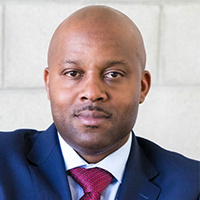Temple City Felony Lawyer, California
Sponsored Law Firm
-
 x
x

Click For More Info:
-
Lessem, Newstat & Tooson, LLP
3450 Cahuenga Blvd W Unit 102 Los Angeles, CA 90068» view mapCriminal Defense Your Fight Is Our Fight.
Our team is ready to represent individuals in need of strong, aggressive personal injury or criminal defense as it pertains to one's mental health.
800-805-4781
FREE CONSULTATION
CONTACTRalph Martinez Rios
Federal Trial Practice, Felony, Criminal, Accident & Injury, Products Liability
Status: In Good Standing Licensed: 20 Years
FREE CONSULTATION
CONTACT J. Tooson Los Angeles, CA
J. Tooson Los Angeles, CA Practice AreasExpertise
Practice AreasExpertise
